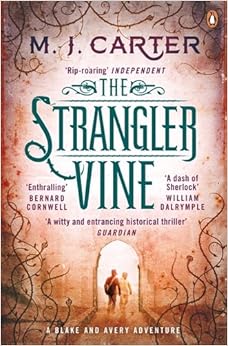International: The Book of Gold Leaves by Mirza Waheed
In an ancient
house in the city of Srinagar, Faiz paints exquisite papier mache pencil boxes
for tourists. Evening is beginning to slip into night when he sets off for the
shrine. He looks up to see the girl with the long black hair.
Roohi has been
waiting for him. She wants a love story. And so it begins.
An age-old tale of love and conflict, within families, between worlds, The Book of Gold Leaves is a heart-breaking tale of what might have been, what could have been, if only.
An age-old tale of love and conflict, within families, between worlds, The Book of Gold Leaves is a heart-breaking tale of what might have been, what could have been, if only.








